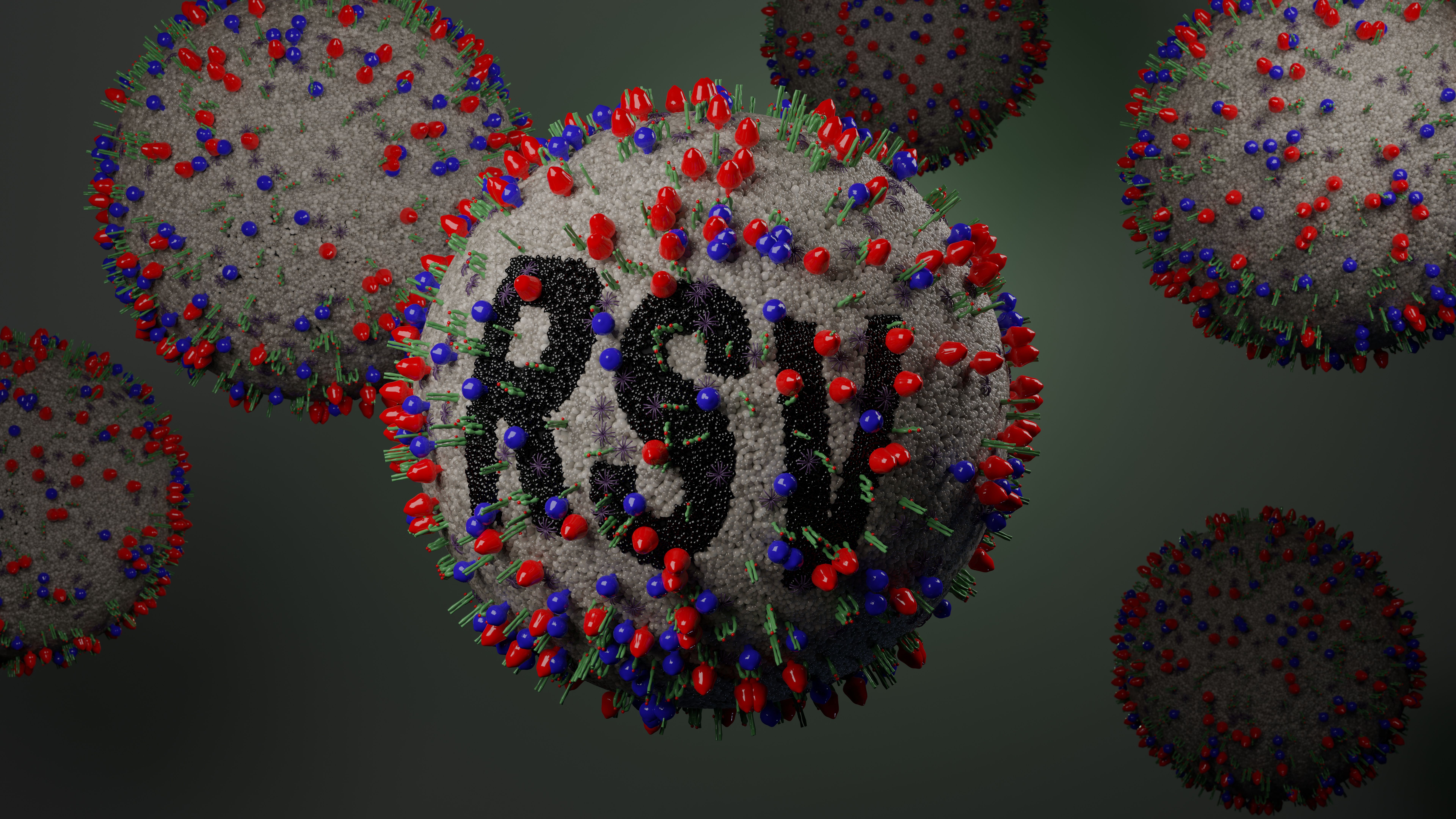AAP recommends all infants receive nirsevimab to fight RSV
The recommendation from the American Academy of Pediatrics (AAP) follows the unanimous recommendation by the CDC advisory group for routine use of nirsevimab in newborns and infants younger than 8 months born into or entering their first RSV season.
AAP recommends all infants receive nirsevimab to fight RSV | Image Credit: © Peter Hansen - © Peter Hansen - stock.adobe.com.

The American Academy of Pediatrics (AAP) has released a recommendation that all infants receive the recently FDA-approved nirsevimab (Beyfortus; Sanofi and AstraZeneca), a preventive antibody, to protect against respiratory syncytial virus (RSV).1
According to a press release, the AAP is especially recommending the use of nirsevimab in infants at high risk for infection. The long-acting monoclonal antibody is delivered via injection to boost the immune system and add an additional protective layer from RSV.1
“Pediatricians are sadly familiar with the dangers of RSV and its devastating consequences for some families,” said Sandy Chung, MD, FAAP, AAP president in the press release. “We are eager to offer all infants this protection and urge federal officials to see that it is made available and affordable in all communities.”1
With the recommendation, the AAP acknowledged it may not be immediately available in all clinical settings and is emphasizing the need for equitable access to nirsevimab. In addition to recommending nirsevimab, the organization recommends the continued use of palivizumab (SYNAGIS; Sobi) during the RSV season, “for children at high risk of severe RSV illness since nirsevimab is unlikely to be broadly available.”1
Recently, nirsevimab was unanimously recommended by the Centers for Disease Control and Prevention’s (CDC) Advisory Committee on Immunization Practices for routine use to prevent RSV in newborns and infants amid their first RSV season.1
A single dose of nirsevimab is being recommended by the AAP for all infants younger than 8 months, born during or entering their first RSV season, and for infants and children aged 8 months through 19 months who are at an increased risk of severe RSV disease entering the second RSV season.1
Chung has previously urged federal officials to streamline and improve ways to effectively deliver nirsevimab, expressed in a letter to Mandy K. Cohen, MD, MPH, director of the CDC, and Chiquita Brooks-LaSure, administrator, Centers for Medicare and Medicaid Services.1
To ensure equitable access to nirsevimab for ambulatory practice settings, hospitals, and birthing centers, the AAP has called for a comprehensive strategy, as there is no current “infrastructure in place to ensure all children can access the product, which Chung called ‘alarming.’”1
The AAP recommendation for nirsevimab comes ahead of an anticipated FDA decision on Pfizer’s maternal RSV vaccine candidate, PF-06928316 (RSVpreF), which is expected in August, 2023.2
References:
- American Academy of Pediatrics recommends medication to prevent RSV be given to all infants and urges equitable access. American Academy of Pediatrics. Press release. August 15, 2023. Accessed August 15, 2023. https://www.aap.org/en/news-room/news-releases/aap/2023/american-academy-of-pediatrics-recommends-medication-to-prevent-rsv-be-given-to-all-infants-and-urges-equitable-access/
- FDA Advisory Committee votes in support of approval for Pfizer’s vaccine candidate to help prevent RSV in infants through Maternal Immunization. Pfizer. Press release. May, 18, 2023. Accessed August 15, 2023.
The Role of the Healthcare Provider Community in Increasing Public Awareness of RSV in All Infants
April 2nd 2022Scott Kober sits down with Dr. Joseph Domachowske, Professor of Pediatrics, Professor of Microbiology and Immunology, and Director of the Global Maternal-Child and Pediatric Health Program at the SUNY Upstate Medical University.
Overview of biologic drugs in children and adolescents
March 10th 2025A presentation at the 46th National Association of Pediatric Nurse Practitioners (NAPNAP) conference explored the role of biologics in pediatric care, their applications in various conditions, and safety considerations for clinicians.